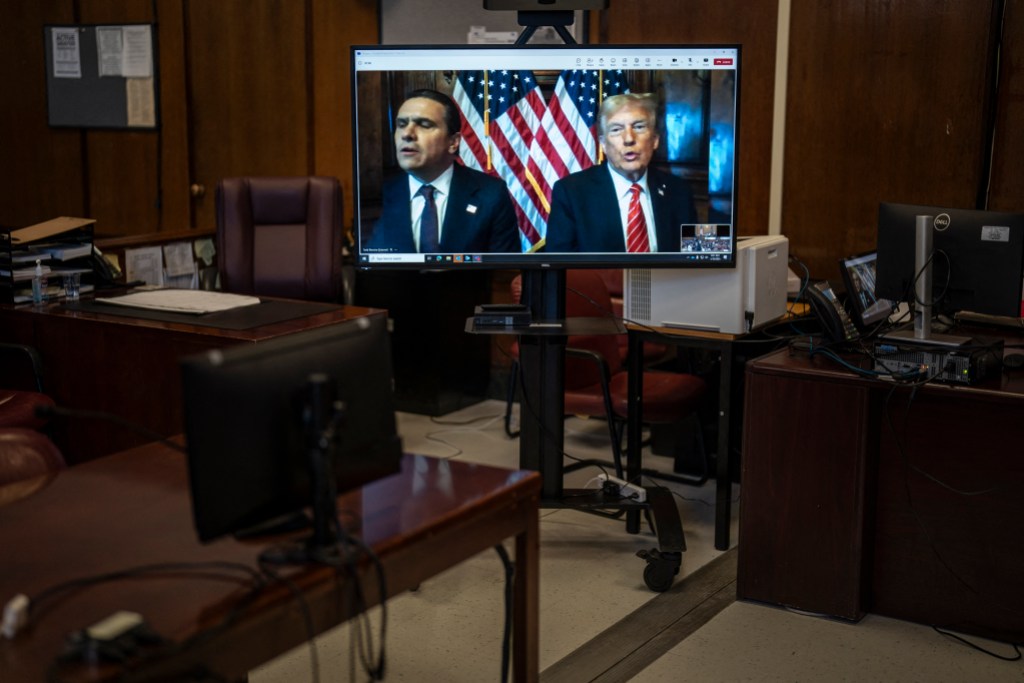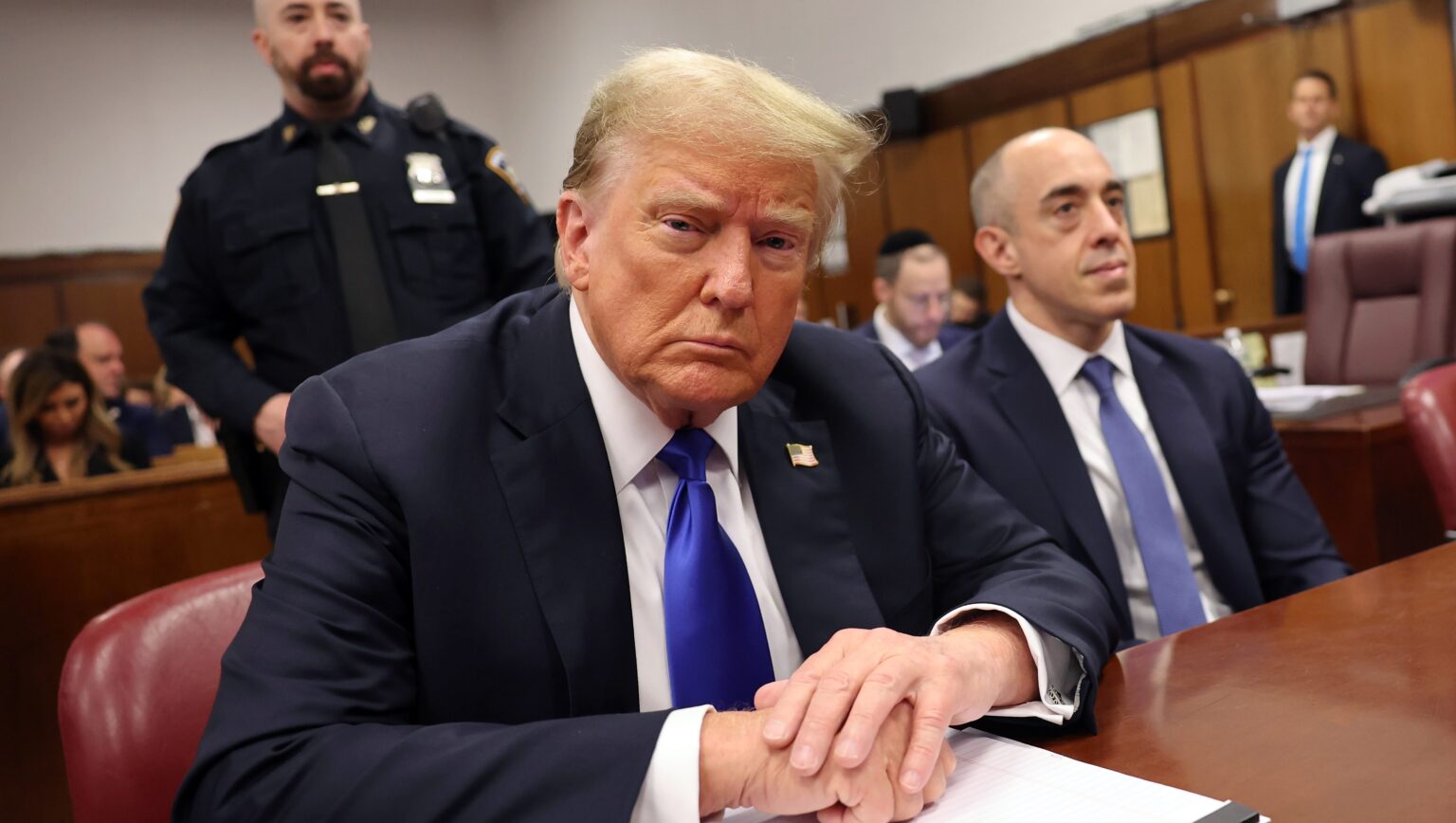Donald Trump was convicted of 34 felony counts in May 2024 and was formally sentenced in January 2025. Now that the sentencing is over, Americans wonder if this could affect the Republican president-elect’s upcoming term. Since Trump unsuccessfully requested a delay in his sentencing, voters are curious if a convicted felon can still be president.
Learn more about Trump’s sentencing and whether or not it will impact his presidency below.
What Was Trump’s Sentence?
In May 2024, Trump was convicted of 34 felony counts in his hush money trial, which involved adult film star Stormy Daniels. Trump was found guilty of falsifying business records when his former attorney Michael Cohen paid Daniels $130,000 in hush money to block her from publicly disclosing her alleged affair with Trump before he was elected in 2016.
During the 2024 trial, Daniels testified that she and Trump had a sexual affair, which he has denied.

What Does Unconditional Discharge Mean?
New York State law indicates that in the case of unconditional discharge, “The defendant shall be released with respect to the conviction for which the sentence is imposed without imprisonment, fine or probation supervision. A sentence of unconditional discharge is for all purposes a final judgment of conviction.”
An individual is, therefore, considered free from serving a legal obligation (such as prison time, paying a fine or performing community service). Therefore, Trump will still have a conviction on his record yet does not have a punishment.
Is Trump a Felon Now?
Trump is legally considered a convicted felon. He is the first president in U.S. history to be convicted of a crime. As a felon, Trump cannot legally own a gun, according to the Associated Press.
Can a Felon Be President?
Yes, a convicted individual can still be president because it doesn’t conflict with the U.S. Constitution, which lists the three qualifications to serve office: a person must be at least 35 years old, must be a natural born American citizen and must have lived in the U.S. for at least 14 years.
A president’s term can be cut short if the person is convicted of treason, bribery or “other high crimes and misdemeanors” by the Office of Impeachment. However, both the House and the Senate play a role in a president’s impeachment. Once the House of Representatives charges a president with impeachment, the Senate must hold an impeachment trial. If the individual is found guilty, they are effectively removed from office.
Read the full article here








